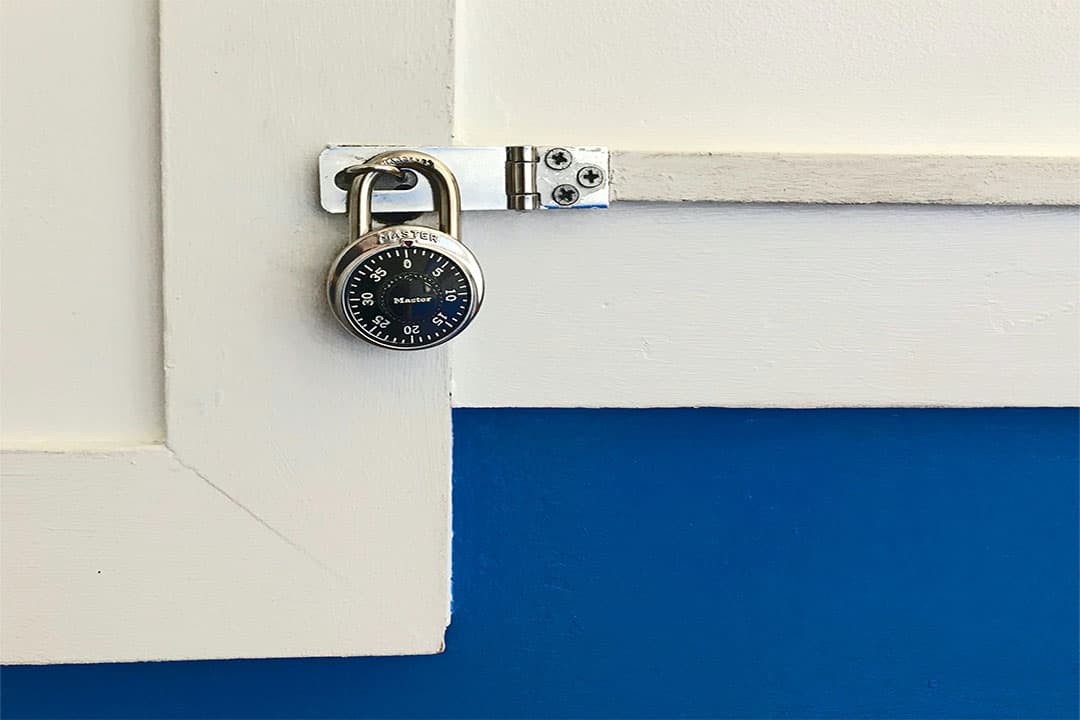Managing self harm during times of heightened distress, with practical tips and methods of support
Self harm can be a difficult conversation to have in the best of times, so it might be especially difficult when you find yourself in a stressful situation. Please remember, we are not endorsing any times of bodily harm, however it is important to acknowledge that for many it is a coping mechanism. A coping mechanism that if taken away can cause enormous amounts of distress and actually lead to more dangerous forms of harm. It is also equally as important to emphasise the balance required when approaching this sensitive topic, reminding someone that their body is a gift from Allah may be well-intended but could intensify feelings of guilt and trigger more self harm. Therefore we could add alternative methods to relieving stress and anxiety, or encourage talking about the underlying reason to what they are feeling.
This article is sharing tips on how to manage self harm whilst at home, but if you want to know more you can read and hear about it here.
Harm Time
Whilst we want to make it absolutely clear we do not encourage you to continue with your self harm, we can appreciate that it is not something you can give up overnight. Whether you are on the road to recovery or remain unsure of whether you want to stop or not – the important and most significant thing to remember, is do not increase in your self harming behaviours. Especially in times and situations when it is easy to do so. If you already have “harm time” stick to it, or decrease it. Don’t let it seep into other times of your day. If you don’t have “harm time”, try only giving yourself a limited amount in the day to do the activity or think about it. Once this time is over, it should signify that you no longer have the capacity for it. You can then go on to decreasing this allocated time over days, weeks or months, a pace that is comfortable for you.

Replacement Activities
Whether you have thoughts of self harm, actively trying to stop or taking the first steps in your recovery, a practical way to help you in your journey is to find replacement activities. It is a given that anything that you do is not going to give you the same sensation that physical harming does, but with consistent practice and challenging of your thoughts, you can almost replicate it and achieve a much healthier way of coping. There are ample alternative methods such as; ripping pieces of paper, boxing, scribbling aggressively, writing, screaming into a pillow, using a fidget cube, taking a hot or cold shower, putting your hands in cold water, chewing something strong in flavour, or listening to something calming. When finding a replacement activity, it’s important to try and be aware of why you self harm in the first place so that your activity can stimulate a similar feeling. For example, if you self harm to soothe yourself, try taking a bath, or wrapping yourself in a warm blanket or practicing mindfulness/breathing techniques. If you self harm to release tension/anger try a vigorous activity.

Put it away
Whether you use everyday household items, or have specific tools, always clean and put them away after use. Having them in plain sight can tempt you to use them again or cause you to obsess over them, or think about when you can next use them. You can put them away in a place that is difficult to access or an awkward place to get to such as a tall cupboard or your loft. If you live with someone you trust, or feel comfortable talking about your self harm to, you can give it to them for safekeeping and have an agreement that they will return it when you absolutely need it.

Don’t beat yourself up
Literally and metaphorically. No one knows just how difficult it is for you, so if you do find yourself falling back into habits or “failing” remember it is a slow paced journey. No one defines your success aside from you and no one defines your milestones aside from you. However, being hateful to yourself will not solve your problems and can lead to more destructive behaviours. It is important to call yourself out, but in a constructive way that enables you to grow.

Communicate
It is difficult to talk about your self-harm to a loved one especially when you don’t understand it yourself. However, you don’t always have to explain yourself or justify your behaviours, you can just tell them that this is something that you do and when you’re ready, you will talk about it more. You don’t even need to tell them about your behaviours, you could use them as a source of support by just telling them that you need a friend. However, we appreciate that this is easier said than done as people often offer solutions or give direction to your “problems” when you don’t want them to. Or it could be that you can’t talk about it at all because of the stigma and shame attached to it in your family, network or culture. Remember we are here for you, you can receive support and counselling here or use our #AskIM service. Alternatively you can use Muslim Youth Helpline, and the Samaritans.
If you are ever in immediate danger or are concerned about a threat to life, you should always call the emergency services.
May Allah grant those suffering with ease and the strength to overcome their struggles, Ameen.





